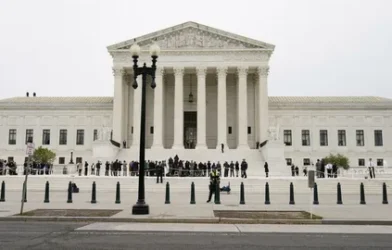In a region long marked by instability and strategic rivalries, the news of Israel attacks Iran has captured global attention. The conflict between these two powerful nations has been escalating for years, but the latest developments mark a significant turn that could have far-reaching consequences not only for the Middle East but for global peace and security.
Background of the Conflict
The hostility between Israel and Iran is not new. It stems from a complex mix of political, religious, and strategic factors. Iran does not recognize Israel as a legitimate state and supports groups such as Hezbollah and Hamas, which Israel considers terrorist organizations. Israel, on the other hand, has long viewed Iran’s nuclear program as a direct threat to its security. Tensions have been further heightened by cyberattacks, proxy battles in Syria, and increasingly aggressive rhetoric from both sides.
What Triggered the Recent Attack
According to early reports, Israel launched a series of airstrikes targeting strategic Iranian military facilities. The attack is said to have focused on suspected missile storage sites and command centers linked to Iran’s Islamic Revolutionary Guard Corps. While Israel has not officially confirmed its involvement, many analysts believe the strikes were preemptive, aiming to disrupt what Israel claimed was an imminent threat from Iran.
Iran has responded with strong condemnation, calling the attack an act of aggression and promising retaliation. Iranian officials stated that several civilians and military personnel were killed in the strikes. International observers are closely monitoring the situation, as Iran’s response could escalate the conflict even further.
Global Reactions
The international community has responded with a mix of concern and calls for restraint. The United States, a close ally of Israel, urged both sides to avoid further violence but reaffirmed Israel’s right to defend itself. European nations, including France and Germany, have called for an emergency meeting at the United Nations to discuss the rising tensions and explore diplomatic solutions.
Russia and China, both of which maintain close ties with Iran, criticized the attack and warned against foreign interference in the region. These global reactions underscore the geopolitical complexity of the situation, which goes beyond a simple military clash.
Impact on the Region
This latest development is likely to destabilize the Middle East even further. Oil prices have already begun to rise amid fears of a broader regional war. Countries like Lebanon, Syria, and Iraq, which are already dealing with internal conflicts, could be drawn into the chaos.
Additionally, the risk of terrorism and retaliatory strikes against Israeli interests worldwide has increased. Embassies and Jewish communities in several countries have been placed on high alert.
Prospects for Peace
At this point, the path toward peace appears difficult. However, diplomatic channels are still open. There are reports of behind-the-scenes efforts by Qatar and Turkey to mediate between the two nations. The hope is that international pressure and backchannel diplomacy can bring about a ceasefire or at least prevent further escalation.
Many analysts believe that a long-term solution would require renewed negotiations over Iran’s nuclear program and a broader regional security framework that includes both Israel and Iran. Until then, the risk of war remains high.
Conclusion
The latest incident involving israel attacks iran represents a serious threat to regional and global stability. While it may be framed as a defensive move by Israel, the consequences could be severe if tensions continue to rise. The world is watching closely, hoping that diplomacy can succeed where military actions have failed. In a region where peace is always fragile, even a single strike can lead to unforeseen consequences.













Comments are closed